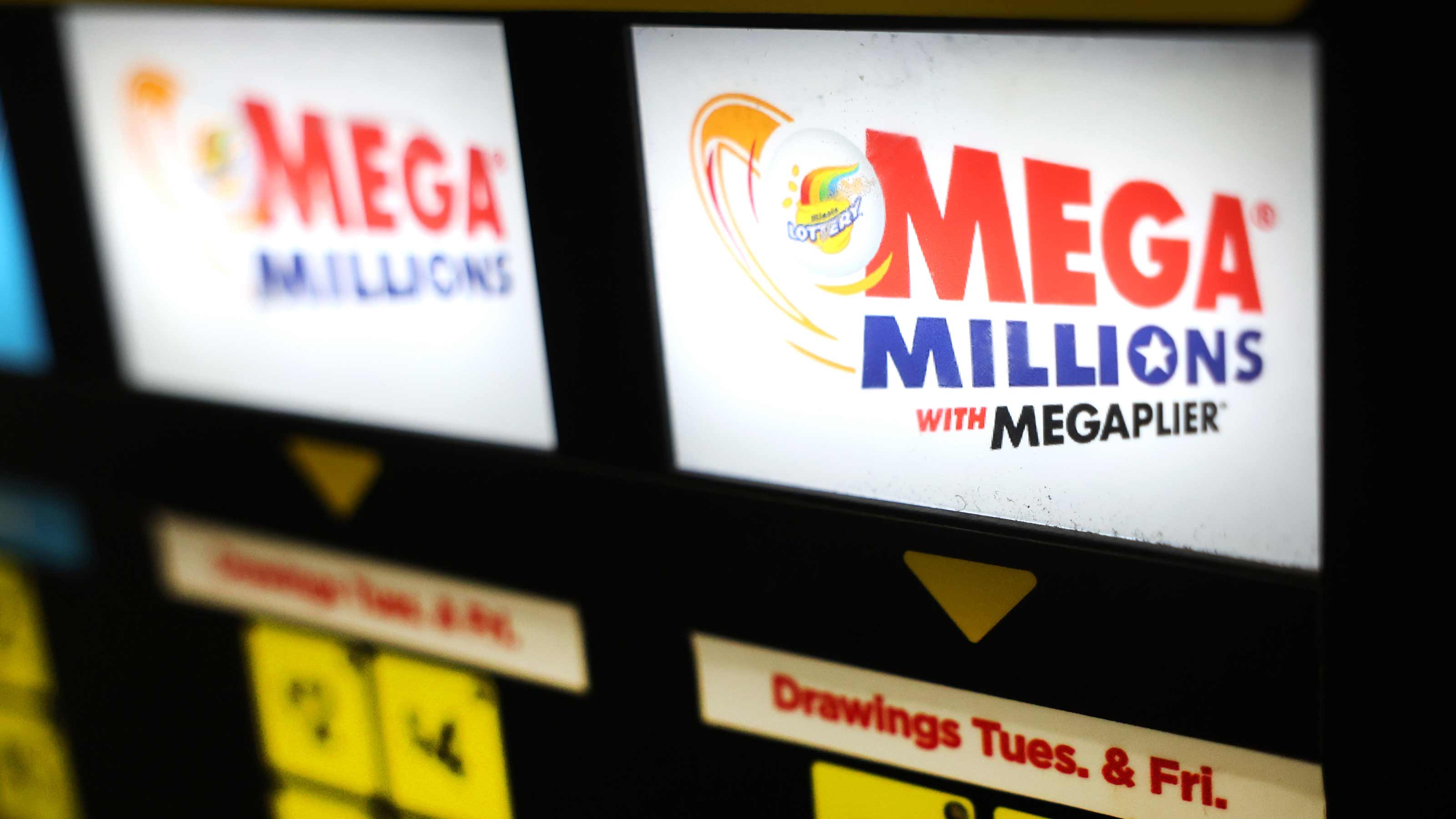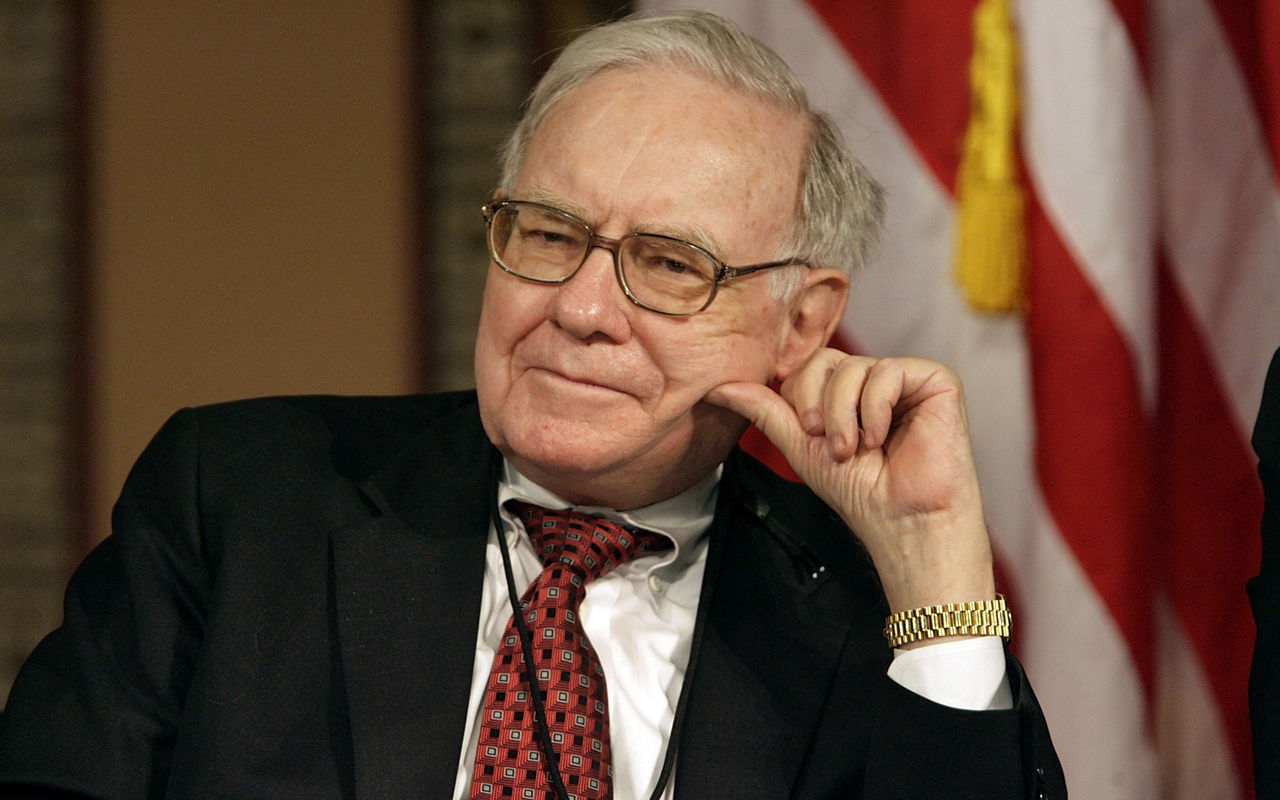2010's Most Disappointing Funds
Muhlenkamp offers a reminder of how hard it is to marry big-picture calls with strong stock selection.

Profit and prosper with the best of Kiplinger's advice on investing, taxes, retirement, personal finance and much more. Delivered daily. Enter your email in the box and click Sign Me Up.
You are now subscribed
Your newsletter sign-up was successful
Want to add more newsletters?

Delivered daily
Kiplinger Today
Profit and prosper with the best of Kiplinger's advice on investing, taxes, retirement, personal finance and much more delivered daily. Smart money moves start here.

Sent five days a week
Kiplinger A Step Ahead
Get practical help to make better financial decisions in your everyday life, from spending to savings on top deals.

Delivered daily
Kiplinger Closing Bell
Get today's biggest financial and investing headlines delivered to your inbox every day the U.S. stock market is open.

Sent twice a week
Kiplinger Adviser Intel
Financial pros across the country share best practices and fresh tactics to preserve and grow your wealth.

Delivered weekly
Kiplinger Tax Tips
Trim your federal and state tax bills with practical tax-planning and tax-cutting strategies.

Sent twice a week
Kiplinger Retirement Tips
Your twice-a-week guide to planning and enjoying a financially secure and richly rewarding retirement

Sent bimonthly.
Kiplinger Adviser Angle
Insights for advisers, wealth managers and other financial professionals.

Sent twice a week
Kiplinger Investing Weekly
Your twice-a-week roundup of promising stocks, funds, companies and industries you should consider, ones you should avoid, and why.

Sent weekly for six weeks
Kiplinger Invest for Retirement
Your step-by-step six-part series on how to invest for retirement, from devising a successful strategy to exactly which investments to choose.
When assessing an actively managed fund, it's important to focus on the long-term record of its manager -- the longer, the better. But every manager has a bad year now and then, and when that happens, you need to decide whether the off year was an aberration or a sign that it's time to bid adieu to the manager and his or her fund.
In that spirit, we look at four of 2010's most disappointing funds. Last year was a good one for both the stock and bond markets, so disappointment is a relative concept; only one of the funds we put under the microscope lost money in 2010.
Shareholders of Fidelity Overseas (symbol FOSFX), a fund with $5.9 billion in assets, can't catch a break. Overseas gained a mere 6.6% in 2010, putting it in the bottom 20% of its category (funds that invest in foreign stocks with a blend of growth and value attributes) for the third straight year. Given the extremes of the market over the past three years, it hasn't been easy being that consistently inferior, but somehow manager Ian Hart pulled it off. Underweighting emerging markets hurt the fund in the past two years, but doing so wasn't enough to help in 2008. Hart, who assumed the fund's reins at the start of 2006, has now had four subpar years and just one good one (2007). Until he shows he's capable of delivering stronger results (or until Fidelity replaces him), I'd find other ships for traveling overseas.
From just $107.88 $24.99 for Kiplinger Personal Finance
Become a smarter, better informed investor. Subscribe from just $107.88 $24.99, plus get up to 4 Special Issues

Sign up for Kiplinger’s Free Newsletters
Profit and prosper with the best of expert advice on investing, taxes, retirement, personal finance and more - straight to your e-mail.
Profit and prosper with the best of expert advice - straight to your e-mail.
Muhlenkamp Fund (MUHLX) offers a reminder of how hard it is to marry big-picture economic calls with strong stock selection. Ron Muhlenkamp spends a lot of time analyzing the economy and picking stocks that he thinks will perform best in the scenario he anticipates. In 2010, the $648-million fund gained 6.1%, trailing Standard & Poor's 500-stock index by nearly nine percentage points. Ron Muhlenkamp was worried that possible tax hikes would stifle growth, so he moved out of economically sensitive names and into more-stable areas, such as health-care stocks. It could well be that Muhlenkamp, whose fund got crushed in 2008 in part because he held too many home-building stocks, is fighting the last war. The fund's long-term record is good. From its launch in 1988 through 2010, Muhlenkamp returned 10.0% annualized, compared with 9.7% for the S&P 500. So, over the years, Ron Muhlenkamp has been right more often than wrong -- but just barely.
I'm fine with FPA New Income (FPNIX) having produced modest gains in 2009 (2.9%) and 2010 (3.2%). After all, this bond fund, which holds $3.7 billion, is meant to be a conservative capital preserver. But I can't help but ask how the fund missed all the bond bargains that were available in early 2009 and how it lagged in both the rally and correction in 2010. I don't put all the blame on manager Tom Atteberry -- after all, his well-regarded predecessor, Bob Rodriguez, was still at the helm in 2009 (and, following a sabbatical, Rodriguez has returned as an assistant manager). Still, New Income's extreme bearishness has hurt its shareholders the past two years.
Hussman Strategic Growth (HSGFX) is another fund that was hurt last year by the bearish views of its manager. John Hussman has been betting against the stock market because he thinks the government's mountain of debt will crush the economy and, with it, stocks. Strategic Growth, which has $6.4 billion in assets, lost 3.6% last year, trailing the S&P 500 by a shocking 18 percentage points. The dismal numbers erode some of the halo that enveloped Hussman after his fund's heroic performance in 2008, when it lost just 9.0% (the S&P 500 plunged 37.0% that year). Of course, John Hussman may ultimately be proved correct, and Strategic Growth can still be a valuable diversifier for a portfolio otherwise loaded with stock funds. Its ten-year record -- an annualized return of 5.9% -- still handily tops that of the S&P 500, which returned 0.8% a year.
Columnist Russel Kinnel is director of mutual fund research for Morningstar and editor of its monthly Fundinvestor newsletter.
Profit and prosper with the best of Kiplinger's advice on investing, taxes, retirement, personal finance and much more. Delivered daily. Enter your email in the box and click Sign Me Up.

-
 Over 65? Here's What the New $6K 'Senior Deduction' Means for Medicare IRMAA Costs
Over 65? Here's What the New $6K 'Senior Deduction' Means for Medicare IRMAA CostsTax Breaks A new deduction for people over age 65 has some thinking about Medicare premiums and MAGI strategy.
-
 U.S. Congress to End Emergency Tax Bill Over $6,000 Senior Deduction and Tip, Overtime Tax Breaks in D.C.
U.S. Congress to End Emergency Tax Bill Over $6,000 Senior Deduction and Tip, Overtime Tax Breaks in D.C.Tax Law Here's how taxpayers can amend their already-filed income tax returns amid a potentially looming legal battle on Capitol Hill.
-
 5 Investing Rules You Can Steal From Millennials
5 Investing Rules You Can Steal From MillennialsMillennials are reshaping the investing landscape. See how the tech-savvy generation is approaching capital markets – and the strategies you can take from them.
-
 How I'm Going to Invest My Mega Millions Lottery Jackpot
How I'm Going to Invest My Mega Millions Lottery JackpotThe odds of winning the Mega Millions lottery are effectively zero, but here's how I'm investing my fortune should I hit the jackpot.
-
 Four Random Facts and Thoughts About Warren Buffett
Four Random Facts and Thoughts About Warren BuffettIf I love Warren Buffett so much why don't I just marry him?
-
 Investing in Gold Is Dumb
Investing in Gold Is DumbStocks are better than gold for both generating wealth and offering protection against inflation.
-
 What's So Scary About a Mega-Cap Tech Bull Market?
What's So Scary About a Mega-Cap Tech Bull Market?Bears say the market can't keep rallying when only five mega-cap tech stocks are driving returns, but history suggests otherwise.
-
 We Are Not in a Bull Market
We Are Not in a Bull MarketIt takes more than a 20% gain off the low to proclaim the beginning of a new bull market.
-
 Why I Don't Buy Stocks
Why I Don't Buy StocksIt's nearly impossible to beat the market – but it is cheap and easy to match it.
-
 Amy Domini on the Secrets of Sustainable Investing
Amy Domini on the Secrets of Sustainable InvestingESG An ESG pioneer says finding good corporate citizens is the best way to make money.
-
 Bitcoin Halving: What Does It Mean for Investors?
Bitcoin Halving: What Does It Mean for Investors?Technology 'Mining' for this cryptocurrency just became a lot more expensive